Government plans to vet Ukraine refugee hosts ‘not enough’ to avoid risk of exploitation, experts warn
Britain’s modern slavery watchdog joins calls for ministers to bolster sponsorship scheme checks amid warnings there may be criminals in Britain ‘wishing to exploit refugees’
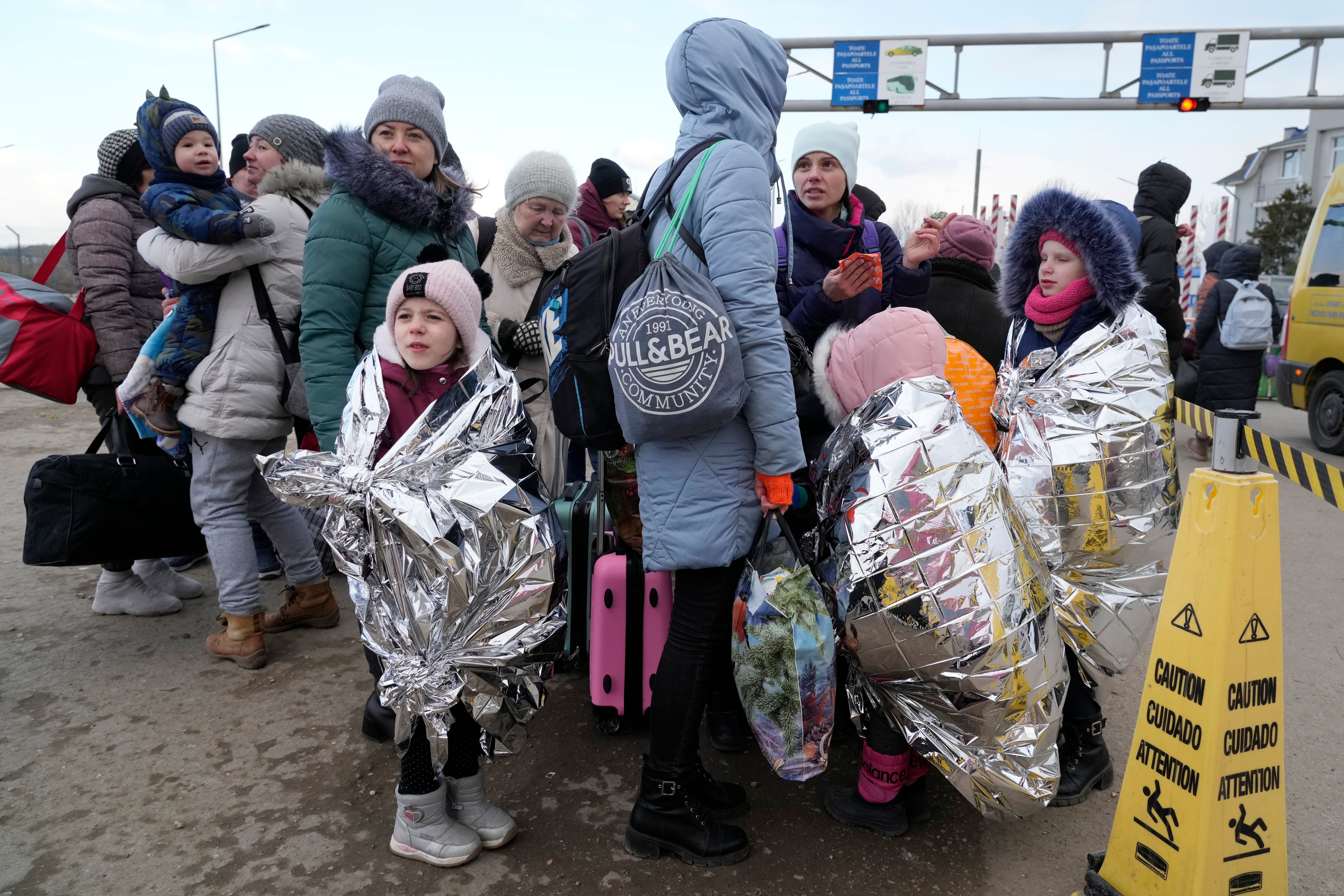
The government’s plans for vetting households offering to host Ukrainian refugees are “not enough” to ensure vulnerable people are not placed a risk of exploitation, trafficking and safeguarding experts have warned.
The UK’s modern slavery watchdog, along with a number of charities, have called on ministers to bolster the checks that will be carried out on people wishing to offer their homes under the new sponsorship scheme after it emerged they would be taking a “light touch” approach to vetting.
Announcing the Ukraine sponsorship scheme on Monday, minister for Levelling Up Michael Gove said full DBS checks would not be required and that “very light touch criminal checks” would be sufficient to ensure someone is an appropriate sponsor, with local authorities “following up”.
The Homes for Refugees scheme, which will open on Friday, will allow Ukrainians with no family links to come to the UK and live in homes offered by members of the public or charities and organisations. Individuals offering their homes will receive a monthly payment of £350.
More than 100,000 people have registered their interest on the first day of the scheme launching via a website set up by the government, after the site initially crashed within minutes of it going live.
Mr Gove said the government would balance the “speed with which people can be placed and the security of the setting in which they are placed” in order to “minimise bureaucracy”.
But this approach has prompted concern - with experts warning that it could place refugees at risk further down the line.
The UK’s independent anti-slavery commission Dame Sara Thornton told The Independent she was “gravely concerned” about the risks faced by refugees fleeing Ukraine and coming to the UK, including the “very real threat of trafficking and exploitation”.
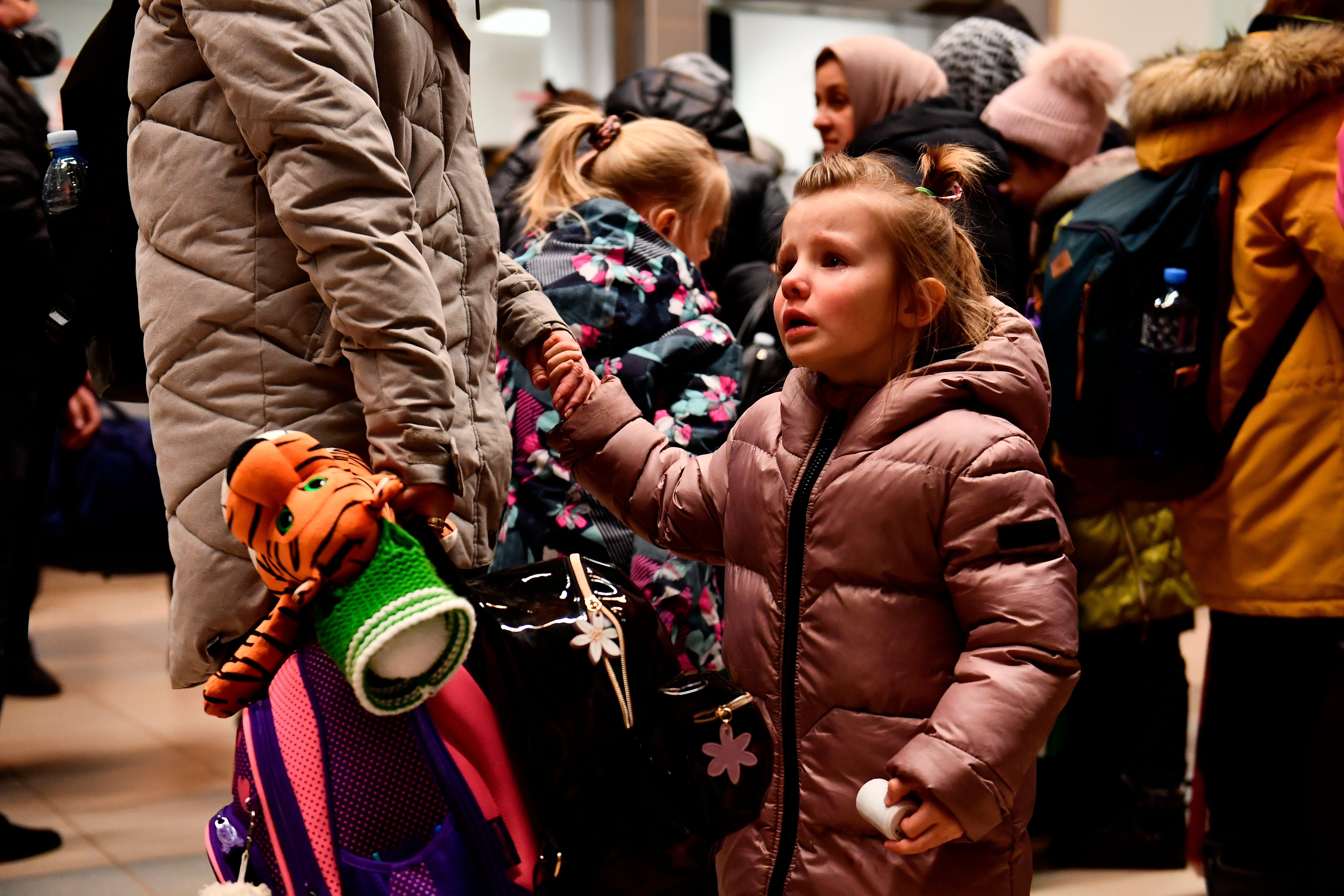
“We know that vulnerable individuals are often targeted by traffickers and therefore systematic prevention measures must be put in place to mitigate immediate vulnerabilities and safeguard people’s basic needs. But we must also develop a considered longer-term approach to prevent exploitation,” she said.
Tim Naor Hilton, chief executive of Refugee Action, said the charity was “deeply concerned” that the government’s “light touch” approach to safeguarding showed a “deep lack of awareness of the risks facing displaced people, particularly single women and children”.
“Trafficking and exploitation are so rampant during refugee crises that it beggars belief that safeguarding was not central to the Homes for Refugees scheme,” he added.
Refugees at Home, which specialises in placing refugees with volunteer hosts, echoed his concerns, saying a simple DBS check was “not enough”.
Lauren Scott, executive director of the charity, added: “A proper home visit needs to be undertaken to ensure that homes are suitable and that everyone in the host household is fully committed and knows what to expect.”
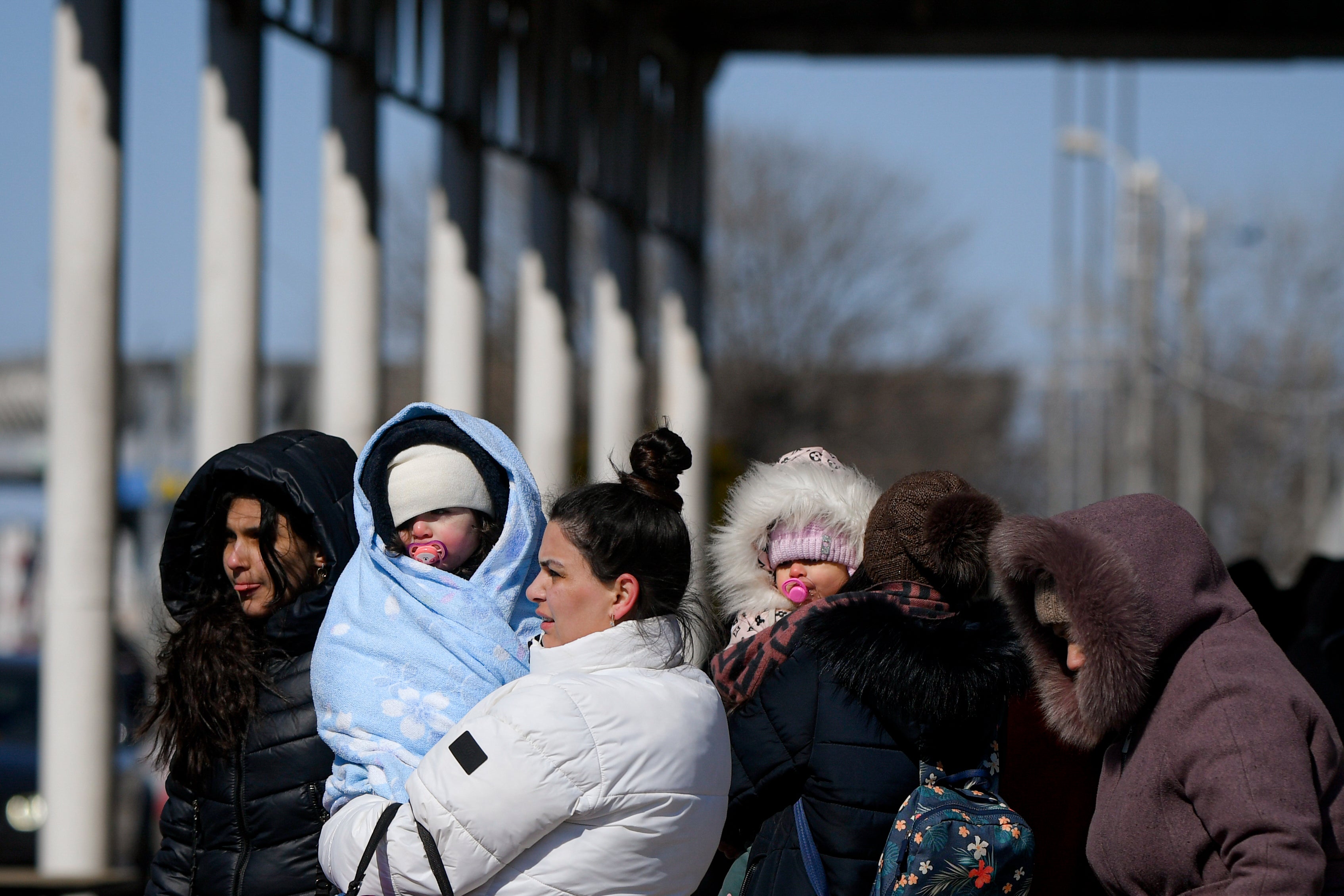
Follow-up support must be provided to both hosts and guests, move-on plans must be put in place and there must be a “fall back” for the rare situations in which a placement does not work out, Ms Scott said.
Lauren Agnew, trafficking policy expert at charity CARE, said: “The government should be aware that criminals wishing to exploit refugees are not going to advertise their intent. They may use individuals with ‘clean’ records to act as a sponsor, including those who are themselves victims of exploitation.
“We would also note that getting Ukrainian refugees to safety shouldn’t be the end of the story. Can it really be left to local authorities alone to ensure the safety and wellbeing of refugees six months, a year, or three years down the line?”
Ms Agnew called on ministers to consult with experts in human trafficking and modern slavery to develop a series of “appropriate safeguards” for this scheme.
There are concerns specifically about the safety of child refugees in these placements. More than half of the 3 million people who have fled the war in Ukraine are minors, and there are believed to be a considerable number of unaccompanied children among them.
Daniela Reale, global lead of refugee, migrant and displaced children at Save the Children UK, said it was “imperative” that the government “urgently implements” DBS checks for any applications where children and young people are involved to ensure their safety is being prioritised.
Philip Ishola, chief executive of anti-child trafficking charity Love146 UK, said the “light touch” approach to vetting announced by Mr Gove would create “significant risks to the welfare of children”.
He added that while he recognised the “unprecedented” need, the sponsorship scheme in its current form was “not the answer” as it “omits crucial safeguarding and welfare mechanisms designed to ensure that people who are vulnerable and in need are not put at further risk”.
Iryna Pona, policy and impact manager at the Children’s Society, demanded that the government clarified “crucial details” around the vetting process.
“We’d like to know what light touch checks the government is planning to do, such as making sure that potential hosts do not have a history of violent or sexual offences, as a minimum,” she said.
The government has said each host will be checked against the police national computer and that refugees will be registered with GPs and schools, where safeguarding checks will be carried out.
The Independent has a proud history of campaigning for the rights of the most vulnerable, and we first ran our Refugees Welcome campaign during the war in Syria in 2015. Now, as we renew our campaign and launch this petition in the wake of the unfolding Ukrainian crisis, we are calling on the government to go further and faster to ensure help is delivered. To find out more about our Refugees Welcome campaign, click here. To sign the petition click here. If you would like to donate then please click here for our GoFundMe page.
Join our commenting forum
Join thought-provoking conversations, follow other Independent readers and see their replies
Comments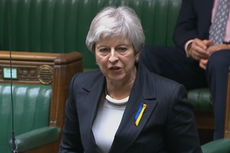
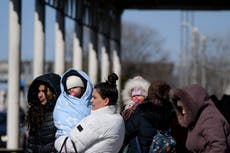

Bookmark popover
Removed from bookmarks